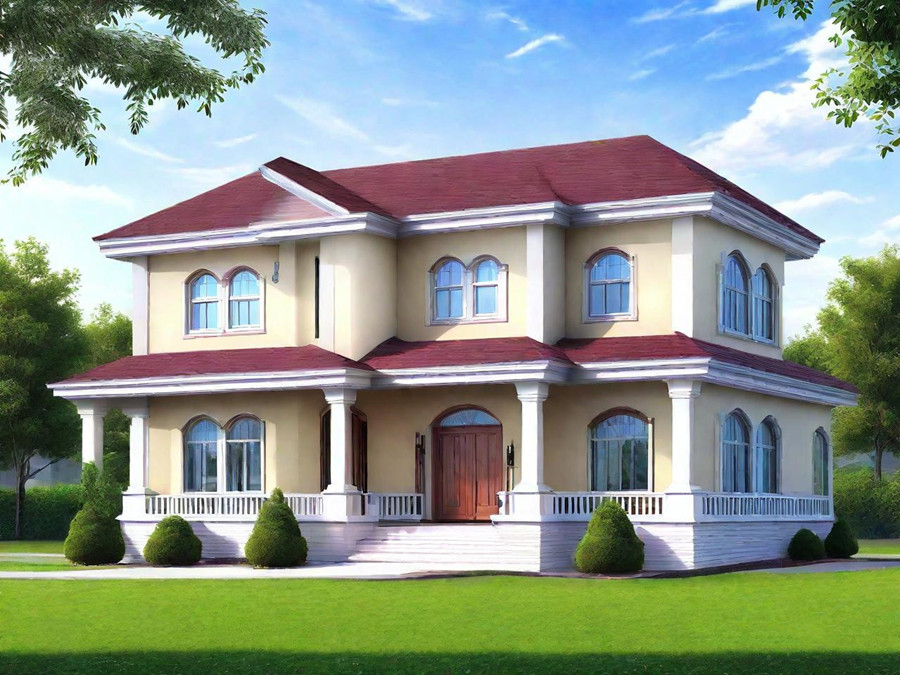Light steel villas are popular due to their lightweight structure and rapid construction, but maintaining the waterproof layer is equally important. A well-functioning waterproof system can effectively prevent water leakage, ensuring comfort and durability in your living environment. This article will provide a detailed overview of how to maintain the waterproof layer of a light steel villa, helping you extend its lifespan.

1. Regular Inspections
Regular inspections are the first step in maintaining the waterproof layer. It’s advisable to conduct a thorough check at least once a year, especially before the rainy season. Key areas to inspect include:
•Surface Cracks: Look for cracks, peeling, or delamination in the waterproof layer.
•Pooling Water: Check for any standing water on the roof and balconies, and remove it promptly to prevent water penetration.
•Joint Areas: Pay special attention to joints between walls and floors, as well as between walls and windows, for any signs of leakage.
2. Clear Drainage Systems
The effectiveness of the waterproof layer relies heavily on a clear drainage system. Regularly clean gutters, downspouts, and drainage ditches to ensure they are free of leaves, dirt, and debris. Blockages can prevent rainwater from draining properly, increasing the load on the waterproof layer and potentially leading to leaks.
3. Prompt Repairs for Damage
If you discover any damage during inspections, it’s crucial to address it immediately. For small cracks, you can use waterproof sealants or specialized repair materials. Larger areas of damage may require reapplying waterproof coatings. Ensure that the materials used for repairs match the original waterproof layer to maintain effectiveness.
4. Choose Appropriate Waterproof Materials
The waterproof materials used in light steel villas typically include polyurethane waterproof coatings and modified bitumen membranes. It’s essential to understand the characteristics and durability of the materials used. Regularly assess their performance and replace or update them as needed to ensure ongoing waterproofing effectiveness.
5. Consider the Surrounding Environment
The surrounding environment can significantly affect the waterproof layer. For instance, tree roots may damage the waterproof layer, so consider the growth of surrounding plants when selecting a building site. Additionally, avoid placing heavy objects on the roof and balconies to reduce pressure on the waterproof layer.
6. Manage Indoor Humidity
While the waterproof layer primarily protects against external water sources, managing indoor humidity is equally important. Maintaining good ventilation and regularly using dehumidifiers can reduce moisture accumulation, thereby lowering the risk of water seepage through walls. Using waterproof materials for furniture and flooring is also an effective way to protect the interior environment.
7. Hire Professionals
For the maintenance and repair of the waterproof layer, especially for large-scale damage, it’s advisable to hire a professional waterproofing team. They can provide a thorough assessment and ensure that the repair process meets industry standards, enhancing the durability of the waterproof layer.
Conclusion
Maintaining the waterproof layer of a light steel villa is crucial. Regular inspections, prompt repairs, and the correct selection of materials are key to success. By implementing effective maintenance practices, you can extend the lifespan of the waterproof layer and ensure a comfortable and safe living environment. We hope these methods help you maintain the waterproof system of your light steel villa, keeping your home dry and comfortable.